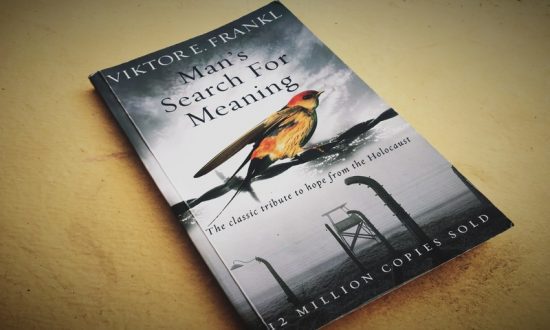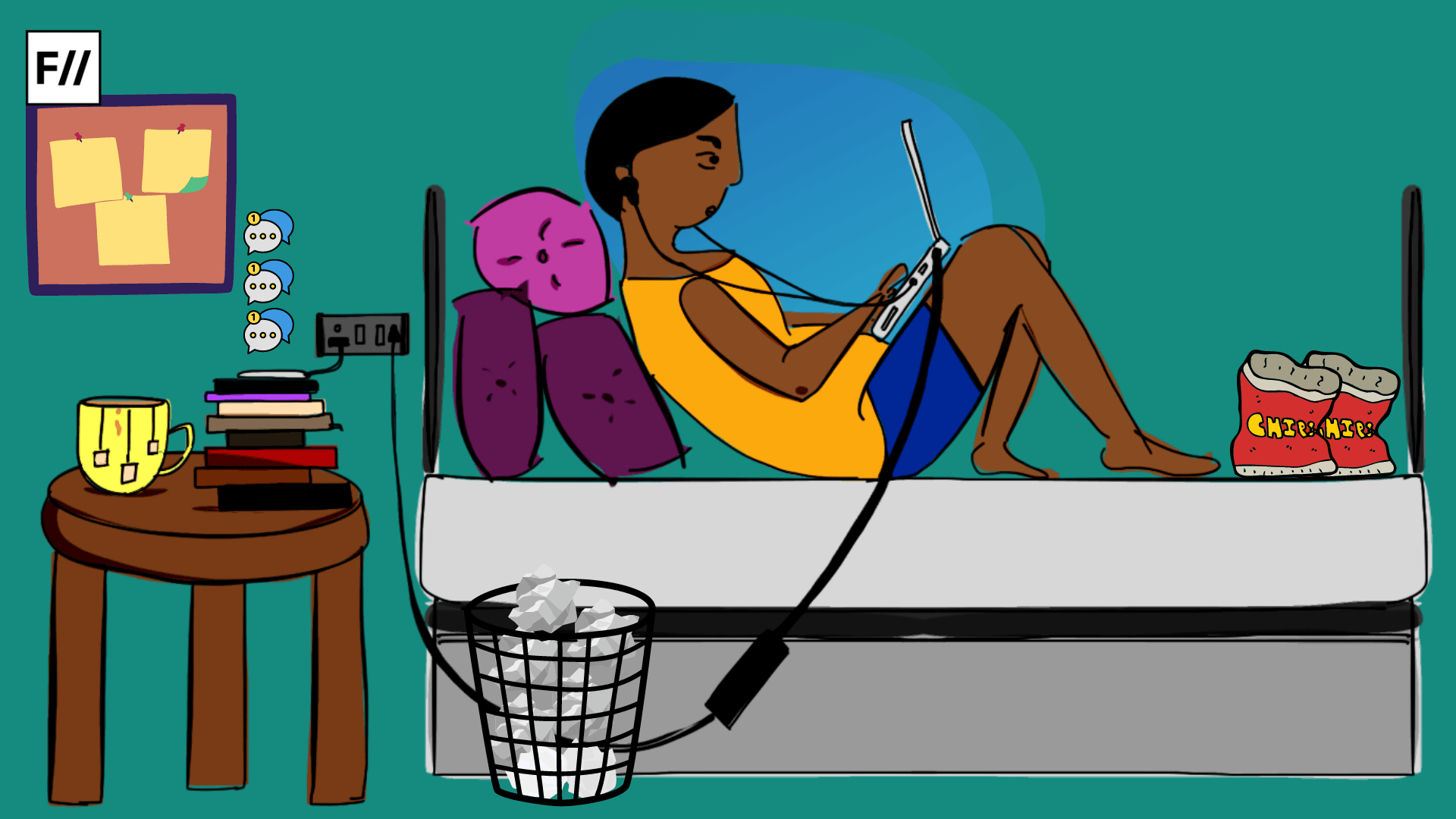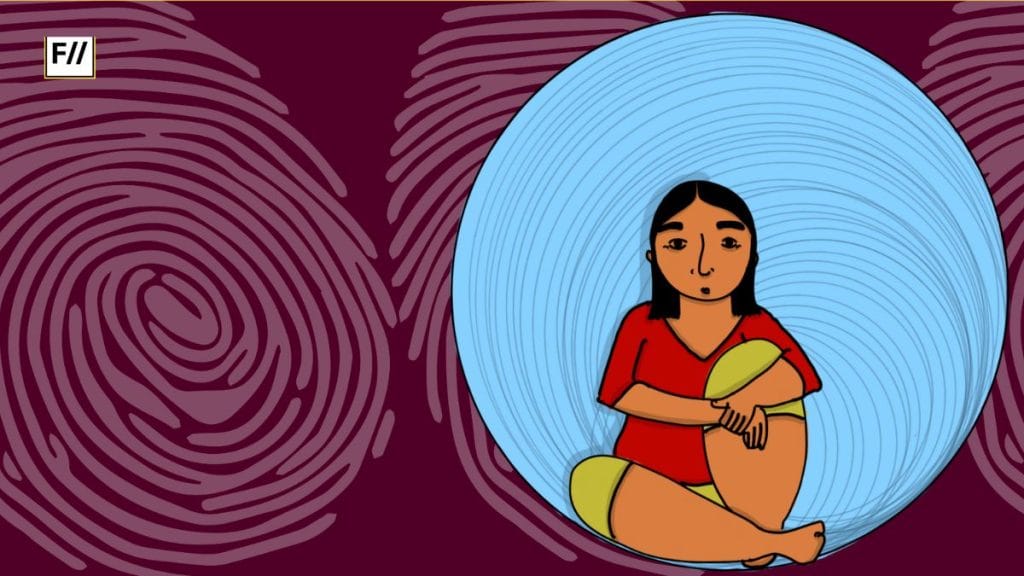The second wave of the Covid-19 pandemic was brutal on us. Never have the people of this country collectively experienced death, melancholy, and sorrow of this magnitude before. The horrific events which we only hoped to read in the pages of a dystopian novel or history book slowly slithered into our day to day lives. A sense of gloom descended upon us and crept in the corners of our worlds. In the words of Charlotte Bronte, “Disease became an inhabitant and death, a frequent visitor.”
In 1942, French philosopher and author Albert Camus wrote a book called, The Myth of Sisyphus. In the book, he talks about the concept of existentialism while searching fervently to find meaning in his life. Existentialism is a philosophical concept which approaches human life as the sum total of thinking, feeling and acting, anchored on the specific contexts of a person’s life.

The Myth of Sisyphus focuses on Sisyphus, the first king of Ephyra who was condemned by the gods to a roll a boulder up a hill for eternity. As soon as the boulder reached the top of the hill, it would automatically roll down and no intervention by Sisyphus could stop this act.
Albert Camus used this story as an analogy of the human condition. He earnestly believed that humans are born into a meaningless world and spend their entire lives performing futile acts which would attach meaning to their lives. Positioned as an evergreen existentialist work, The Myth of Sisyphus was a highly controversial book. Unlike Camus’s first book, The Stranger, many philosophers were wary of Camus’s philosophies in this book and vehemently rejected his ideals.
Although Albert Camus propagated that one is born into a meaningless world, he never once said one should stop performing acts which ascribe meaning to one’s life. On the contrary he believed that accepting the harsh reality of the meaninglessness of the world and still striving to find meaning in one’s life is the true form of freedom and strength

Writing on very similar lines, Austrian psychiatrist Viktor Frankl published a book called, Man’s Search for Meaning in 1946. Viktor Frankl was a prisoner in a Nazi concentration camp in Auschwitz. During his time there, he observed and monitored the prisoners and later chronicled their stories in this renowned book.
In the book, he develops a psychotherapeutic method called logotherapy. Logos in Greek means reason. Thus, ‘reason’ was the basis of his theory. Frankl ardently believed that for an individual to survive it is of the utmost importance that they find meaning in their life.
Viktor Frankl’s book was divided into two parts – in the first part he talks about his life in a concentration camp and what all it entailed while the second part of the book talks about the concept of logotherapy and how it is beneficial for human beings.
Also read: Online Therapy: The Struggles Of Communicating Distress Without Physical Presence

Although Albert Camus propagated that one is born into a meaningless world, he never once said one should stop performing acts which ascribe meaning to one’s life. On the contrary he believed that accepting the harsh reality of the meaninglessness of the world and still striving to find meaning in one’s life is the true form of freedom and strength.
In the past year, we have faced loss, isolation, anxiety, and depression; livelihoods were snatched away by the pandemic and childhoods were wounded. While we struggle to stay afloat, perhaps we can turn to these books and thoughts, to help us navigate and persist
Similarly, Viktor Frankl suffered as a prisoner in a concentration camp; a place devoid of not only humanity but also sense and reason. He was a hapless victim and a witness to the harsh and cruel realities of the world. However, even he observed that those prisoners who believed in their future and found a meaning in their life, had a better chance of survival. He was of the opinion that even in the worst of circumstances if one could find meaning, they could strive for a better life.
But why are we talking about the importance of meaning in a pandemic?
The second wave of Covid-19 pandemic unleashed a tragedy of enormous proportions. Everyone is a victim either mentally, materially or physically. We have been since living through an age of despondency and loss of a near or dear one has become a frequent probability.
But as we struggle to recover from the wounds inflicted on us by this pandemic, it is essential to acknowledge the importance of having a purpose and ascribing meaning in life. Books like these help us hold on to thoughts that may shift our collective gloom into hope and the possibility of finding some meaning amidst this chaos.

Looking in the face of meaninglessness, accepting reality and then finding a purpose in life is the most difficult yet essential task in times like these. This is of course, within the privileges of having the basic amenities made available. But for any person to be wholesome, it is essential to address mental health and find meaning in striving through tough times.
In the past year, we have faced loss, isolation, anxiety, and depression; livelihoods were snatched away by the pandemic and childhoods were wounded. While we struggle to stay afloat, perhaps we can turn to these books and thoughts, to help us navigate and persist.
In Man’s Search for Meaning, Viktor Frankl writes, “Man can preserve a vestige of spiritual freedom, of independence of mind, even in such terrible conditions of psychic and physical stress.” It is important for a human being to ascribe meaning to life even in the most dire of circumstances. By doing so, a glimmer of hope will once again find it’s way back to us. We will perhaps look forward to the future and be excited about its prospects.
Also read: Mental Health Is Not An Aesthetic: Fighting The Uphill Battle Against Bipolar Disorder
Featured Image: Ritika Banerjee for Feminism In India
About the author(s)
Vanshika Sawhney is a journalism student who is a bit obsessed with political philosophy. She dreams of having a house in the hills with lots of books and coffee.





Finding constructive meaning can only come about by facing reality.
The true “human condition” has never been on a clearer display than with the deliberate Covid atrocity — read “The 2 Married Pink Elephants In The Historical Room –The Holocaustal Covid-19 Coronavirus Madness: A Sociological Perspective & Historical Assessment Of The Covid “Phenomenon”” by Rolf Hefti at https://www.rolf-hefti.com/covid-19-coronavirus.html
Dear Women,
I see the pain you face every moment. Set books and philosophy aside and seek love. Who is your soul mate? What are you doing to win him? Yes, in my world, women choose their husbands and nasty arranged marriages, dowry etc does not exist. We are at least allowed to dream, aren’t we? Love heals like a magic potion. Find love, dear women of India. Work towards that. Bit by bit, each person, every day. I love Indian women and find you intelligent and warmer than us men. As a desi man, I find that you are the very best among all nations. Find your love for heaven’s sake and teach your men how to fight for you. You might not realize it, but desi men love their women too, although in a restrained, introverted way. Coffee, books and the hills are good but you need your love beside you, supporting you. Never underestimate yourselves. You are the real princesses and cinderellas of the universe! Simply put, you rock!
P.S. uplift each other, every moment, don’t put anybody down. If you don’t like somebody, agree to disagree and move on.
Do take my comment in the right spirit.
Really Informative post and your website looking great